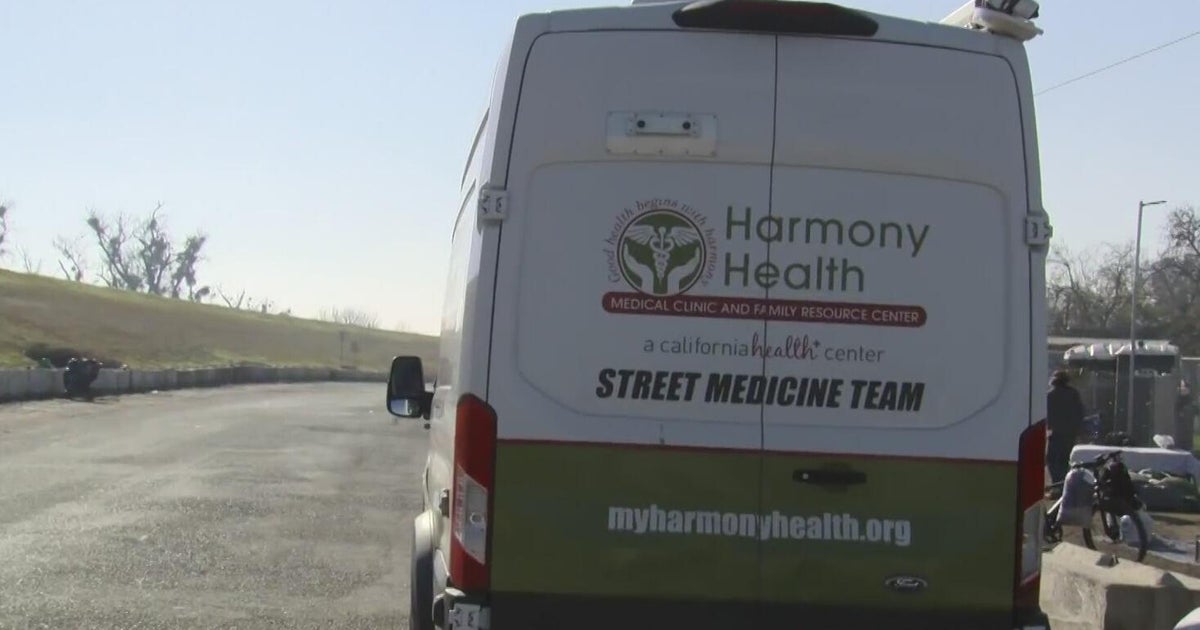Some young Colorado moms could go without food if there's a government shutdown, and other problems would emerge in Colorado
Social Security checks are in, WIC cards are on the out. At least that's how it looks from here with a looming deadline for Congress to pass a spending deal or a continuing resolution to keep the government out of a shutdown that will come Oct. 1.
Those are only two things on lists being drawn up on what will happen if there's no agreement.
Who will get furloughed isn't entirely clear. Who will have to work without paychecks coming in is a little better understood. The military will have to keep working, especially since there is no quitting notes Bill Craighead, director of the Economic Forum at the University of Colorado and Colorado Springs.
"Social Security checks will still get paid. But if you need service from a government office, you're going to have some trouble," he said.
The Special Supplemental Nutrition Program for Women, Infants, and Children, commonly known as WIC will not be working, meaning the cards recipients have will not be usable to help low-income people afford healthy foods that are supplemented under the program.
"It's helping them buy their groceries or provide formula for their baby or support them nutritionally while they breastfeed," said Anya Rose, senior public policy manager for the non-profit Hunger Free Colorado.
"These are really important programs that help people when they're going through life storms. They help meet our nutritional needs. they actually result in health care savings."
"Assuming the shutdown is short in duration (30 days or less), Coloradans shouldn't see any disruption or delays in delivery or enrollment for SNAP, EBT, Colorado Works or Adult Financial benefits," said John Rosa, of the Colorado Department of Human Services in an email, which helps oversee the implementation of those federal programs.
"For Colorado Refugee Services, the only potential impact could be with new placements coming from the federal level. Our operations will not be impacted, but if the immigration services are shut down at the federal level, we may see a pause on new individuals being placed in Colorado."
There are many federal employees in other areas in Colorado. There are approximately 6,000 at the federal center in Lakewood, many of whom are with the Interior Department. They could well be furloughed, but that information isn't out yet. There are research labs in Golden and Boulder and other areas, they too could be sent home.
Air traffic controllers and TSA workers will still have to be on the job, but without paychecks. The non-partisan Committee for a Responsible Federal Budget says in the last shutdown in 2019, some of those workers who were not getting paychecks did not show up for work. But a local TSA spokesperson disputed that there were those who did not show up.
Federal prison workers in Colorado will have to keep working, but John Butkovich, president of the American Federation of Government Employees (AFGE) Local 1169, FCC Florence wrote in an email: "Absolutely we have concerns, our members should not be held hostage via their paychecks, forced to work without knowing when they will be paid. Some may have to give up things they shouldn't have like internet high-school football games or daycare just so they can stretch what they have."
They will eventually be paid.
"They are going to get back pay when the shutdown ends," said Craighead. "It's just messing up when people are getting paid in a way that makes them worse off. But they're not actually saving any money."
Additionally if the shutdown were to go on for a long time there is another effect said Craighead.
"If it drags on it'll have an impact on the overall economy. And then, you know, if you slow down the overall economy, it slows down the tax revenue and worsens the Federal deficit."









